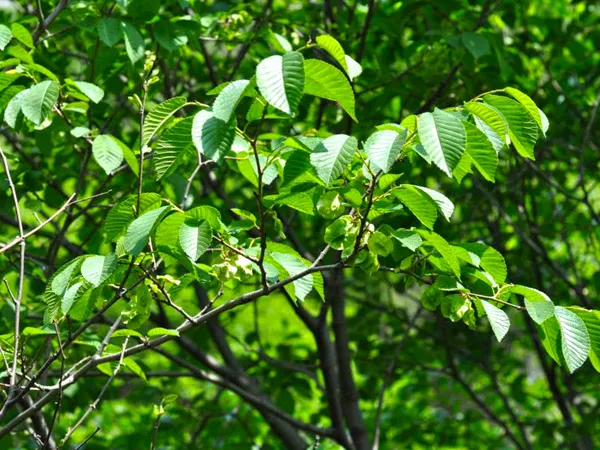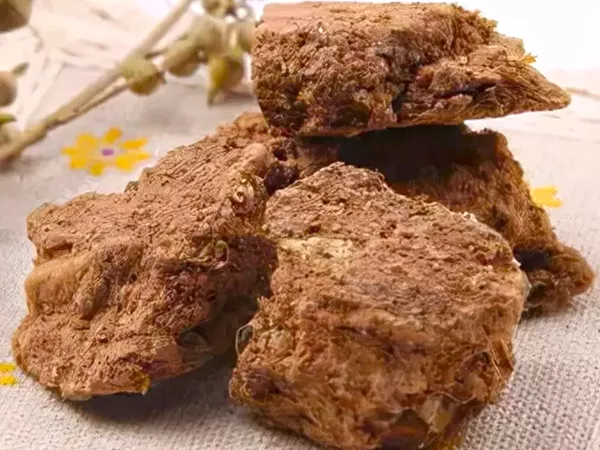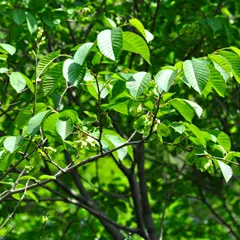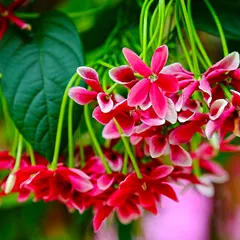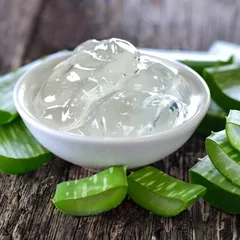Wu Yi
Wu Yi
English: Elm seed cakes
Chinese: 芜荑
Use of Wu Yi (elm seed cakes) in TCM
Please note that you should never self-prescribe TCM ingredients. A TCM ingredient is almost never eaten on its own but as part of a formula containing several ingredients that act together. Please consult a professional TCM practitioner, they will be best able to guide you.
Preparation: 3-10g
Dosage: Collect the seeds and ferment it. Then mix with Elm bark, red earth, Chrysanthemum flowers and hot water to make a sticky paste and dry.
Main actions according to TCM*: Kills parasites. Applies topically to treat tinea infections.
Primary conditions or symptoms for which Wu Yi may be prescribed by TCM doctors*: Roundworm Tapeworm Childhood malnutrition Malnutrition due to parasites Tinea infection Scabies
Contraindications*: Contraindicated for patients with Spleen or Stomach Deficiency or theres with Dry Heat in the Lungs or Spleen.
Common TCM formulas in which Wu Yi is used*
Bu Dai Wan
Source date: Late Ming
Number of ingredients: 8 herbs
Formula key actions: Expels roundworms. Reduces nutritional impairment in children . Tonifies the Spleen and Stomach.
Conditions targeted*: AscariasisParasitic infestation and others
Wu Yi is a king ingredient in Bu Dai Wan. Like the name indicates, it means it has more power than other ingredients in the formula.
In Bu Dai Wan, Wu Yi is acrid, bitter, and warm. It is very effective in expelling roundworms and treating childhood nutritional impairment.
The combination of Aloe vera, Elm seed cake and Quisqualis fruit has a strong anti-parasitic effect and eliminate the parasites via the stool.
Key TCM concepts behind Wu Yi's properties
In Traditional Chinese Medicine (TCM), Wu Yi belongs to the 'Herbs that expel parasites' category. Herbs in this category are used to treat roundworms, tapeworm, hookworm and other intestinal parasites. In most cases, these herbs should be combined with other herbs to assist their action such as 'Purgative herbs that drain downward' or Qi tonics. Typically these herbs should only be prescribed for a short period as they often have some level of toxicity.
Furthermore Wu Yi is Warm in nature. This means that Wu Yi tends to help people who have too much 'Cold' in their body, although with less effect than a plant that would be Hot in nature. Balance between Yin and Yang is a key health concept in TCM. Those who have too much Cold in their body are said to either have a Yin Excess (because Yin is Cold in nature) or a Yang Deficiency (Yang is Hot in Nature). Depending on your condition Wu Yi can help restore a harmonious balance between Yin and Yang.
Wu Yi also tastes Bitter and Pungent. The so-called 'Five Phases' theory in Chinese Medicine states that the taste of TCM ingredients is a key determinant of their action in the body. Bitter ingredients like Wu Yi tends to have a cleansing action on the body by clearing Heat, drying Dampness and promoting elimination via urination or bowel movements. On the other hand Pungent ingredients tend to promote the circulations of Qi and Body Fluids. That's why for instance someone tends to sweat a lot when they eat spicy/pungent food.
The tastes of ingredients in TCM also determine what Organs and Meridians they target. As such Wu Yi is thought to target the Spleen and the Stomach. In TCM the Spleen assists with digestion, Blood coagulation and Fluids metabolism in the body. The Stomach on the other hand is responsible for receiving and ripening ingested food and fluids. It is also tasked with descending the digested elements downwards to the Small Intestine.

